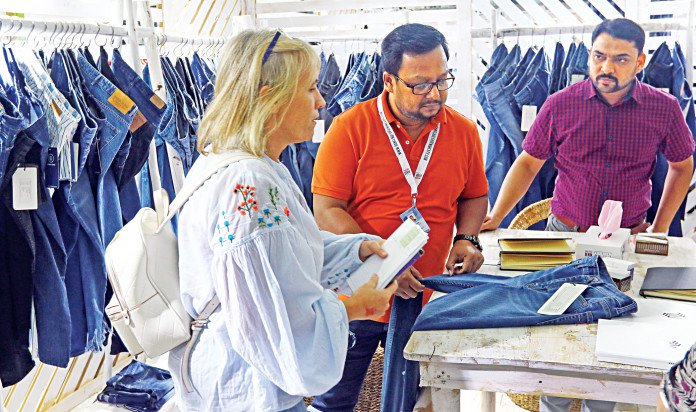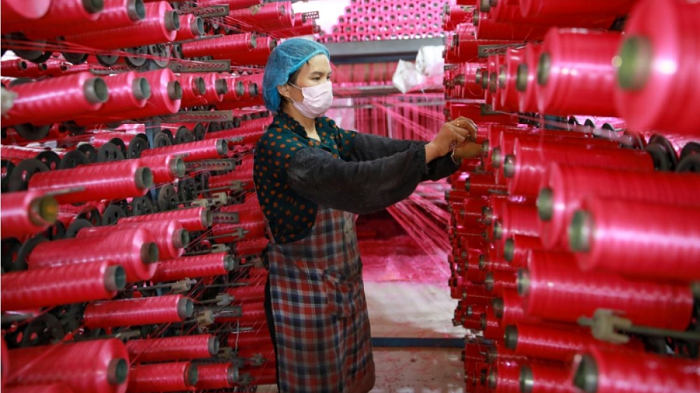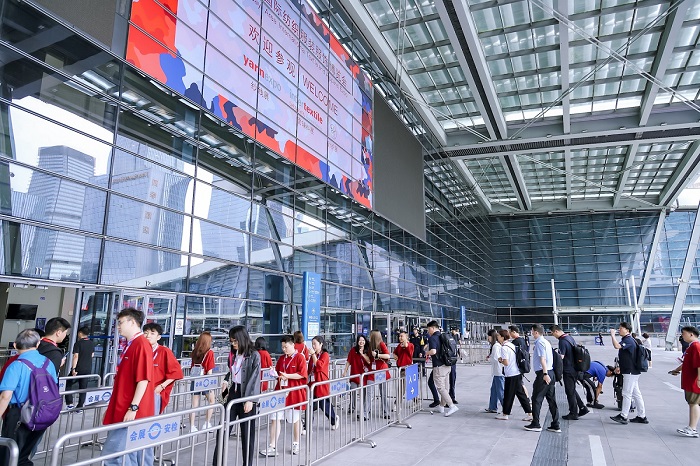
It’s almost the end of 2021. Yet; Bangladesh RMG manufacturers are still trapped in the uncertainties of the COVID-19 pandemic. With new variants emerging every day, the pandemic continues to create chaos in the main apparel markets: Europe and the US. New lockdowns in some countries are threatening the amount and types of clothing being purchased from manufacturers. Some RMG manufacturers are stepping into the New Year with a sense of dread that the progress they achieved in the second half of 2021 might again get derailed due to new COVID-variants.
Open discussions on price issues
Manufacturers need to keep a close eye on the pandemic development in the main markets, says a Daily Star report. They need to follow local news outlets in the EU, US and beyond. Manufacturers also need to have open transparent discussion with customers on issues related to price rise. They need to consider whether a cultural shift is required in terms of what end consumers pay for clothing.
The third issue that manufacturers need to pay attention is: regulations. They need to conform to certain standards and regulations regarding the environment and social issues. Though this may increase regulatory costs for suppliers, they must accept the new regulatory environment to survive.
More domestic and international collaborations
Manufacturers also need to pay attention to two more issues that may become increasingly important over the years. They need to emphasize on more collaborations with industry leaders in textile recycling, traceability, inward investment and the promotion of the brand Bangladesh. These will help them come to terms with the new dynamics of sustainability, innovation and technology that are shaping the current Bangladesh garment industry. Moreover there is a need to focus on international collaborations to take the industry forward.
Unfair purchasing practices are also threatening to derail industry growth. The industry needs to collaborate with buyers and sellers to resolve issues and discuss an equitable way of doing business. This can also help manufacturers make adversarial business relations around prices and purchases a thing of the past.












